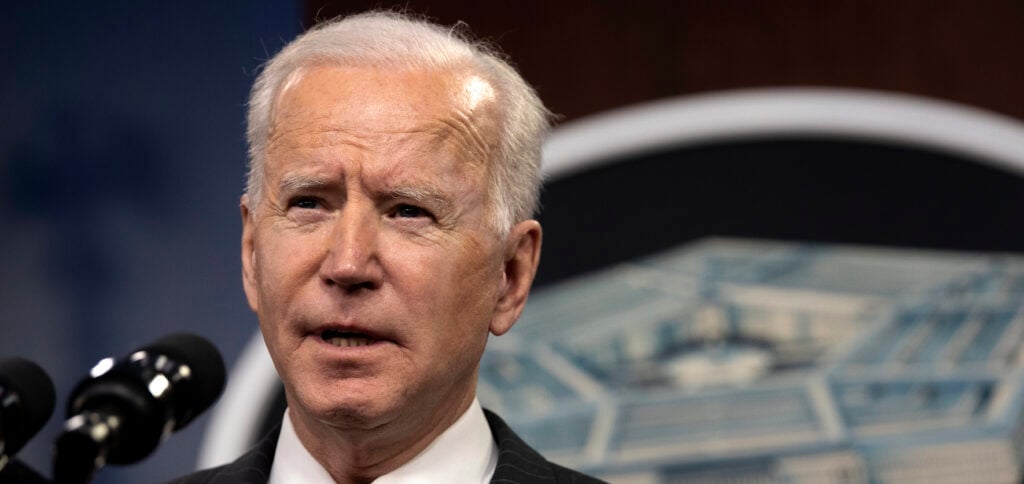1. Loss of purchasing power and inflation
One of the first effects is a loss of competitiveness between the two currencies. As almost half of the products imported into the euro zone are invoiced in dollars, there is a need for more euros to purchase these goods.
ADVERTISING
This occurs in the commercialization of commodities (large-scale products with prices dictated by the world market). Oil and gas, which are part of this category, are on the rise due to the war in Ukraine. But other commodities, such as soybeans, ore and gold, are also present.
Professor at Escola Superior Sciences Po, Isabelle Méjean, explains that these factors contribute to accelerating inflation and threaten families' purchasing power.
Furthermore, European tourism to the United States may decrease in the coming weeks.
ADVERTISING
Logically, tourists, especially Americans, can take advantage of the exchange rate parity to travel to destinations within the European Union.
2. Damaged importing companies
Companies can be affected by the fall in the price of the euro in different ways, depending on their relationship with foreign trade and energy.
“Companies that export outside the euro zone benefit from the devaluation of the euro, as their prices become more competitive, but importing companies are harmed,” says the research director at public bank Bpifrance, Philippe Mutricy.
ADVERTISING
Companies that depend on commodities and energy, but export little, will see an increase in spending.
The same cannot be said for the export manufacturing industry, because its prices outside the eurozone will be more competitive.
3. Growth for exporters
There is also the possibility of growth for countries with an export-oriented economy, which will be stimulated. Germany fits this pattern.
ADVERTISING
4. Central banks
The increase in inflation driven by the devaluation of the euro could lead the European Central Bank (ECB) to raise interest rates. Containing inflation through the use of interest is relatively common in monetary policy. But for 11 years the ECB has not had to resort to this.
Text with information from AFP © Agence France-Presse
Featured photo: Reproduction/Pixabay



